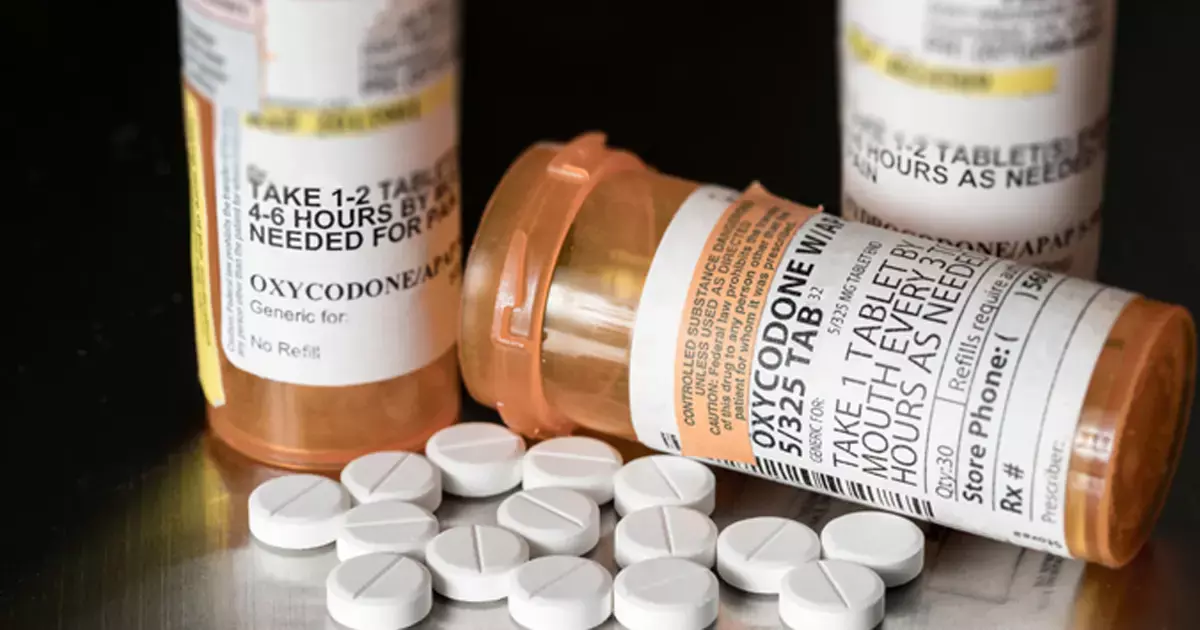- Home
- Medical news & Guidelines
- Anesthesiology
- Cardiology and CTVS
- Critical Care
- Dentistry
- Dermatology
- Diabetes and Endocrinology
- ENT
- Gastroenterology
- Medicine
- Nephrology
- Neurology
- Obstretics-Gynaecology
- Oncology
- Ophthalmology
- Orthopaedics
- Pediatrics-Neonatology
- Psychiatry
- Pulmonology
- Radiology
- Surgery
- Urology
- Laboratory Medicine
- Diet
- Nursing
- Paramedical
- Physiotherapy
- Health news
- Fact Check
- Bone Health Fact Check
- Brain Health Fact Check
- Cancer Related Fact Check
- Child Care Fact Check
- Dental and oral health fact check
- Diabetes and metabolic health fact check
- Diet and Nutrition Fact Check
- Eye and ENT Care Fact Check
- Fitness fact check
- Gut health fact check
- Heart health fact check
- Kidney health fact check
- Medical education fact check
- Men's health fact check
- Respiratory fact check
- Skin and hair care fact check
- Vaccine and Immunization fact check
- Women's health fact check
- AYUSH
- State News
- Andaman and Nicobar Islands
- Andhra Pradesh
- Arunachal Pradesh
- Assam
- Bihar
- Chandigarh
- Chattisgarh
- Dadra and Nagar Haveli
- Daman and Diu
- Delhi
- Goa
- Gujarat
- Haryana
- Himachal Pradesh
- Jammu & Kashmir
- Jharkhand
- Karnataka
- Kerala
- Ladakh
- Lakshadweep
- Madhya Pradesh
- Maharashtra
- Manipur
- Meghalaya
- Mizoram
- Nagaland
- Odisha
- Puducherry
- Punjab
- Rajasthan
- Sikkim
- Tamil Nadu
- Telangana
- Tripura
- Uttar Pradesh
- Uttrakhand
- West Bengal
- Medical Education
- Industry
Opioids do not relieve acute non-specific pain in low back or neck: Lancet

The study, called OPAL (Opioid Analgesics for Pain in Acute Low Back Pain and Neck Pain), team have found that opioid analgesics provide no significant benefit in treating acute low back pain and neck pain.The findings were published in The Lancet.
OPAL was a triple-blinded, placebo-controlled randomized trial conducted in Sydney, Australia. It recruited adults aged 18 years or older with 12 weeks or less of low back pain or neck pain, or both, of at least moderate severity. The participants were randomly assigned to receive either guideline-recommended care plus an opioid analgesic (oxycodone-naloxone) or guideline-recommended care plus an identical placebo for up to 6 weeks.
The primary outcome measured was pain severity at 6 weeks using the pain severity subscale of the Brief Pain Inventory. The results showed that there was no significant difference in pain severity between the opioid group and the placebo group. The mean pain score at 6 weeks was 2.78 in the opioid group compared to 2.25 in the placebo group.
Furthermore, the study examined the safety profile of opioids in this context. Although there was no significant difference in overall adverse events between the two groups, more participants in the opioid group reported opioid-related adverse events, such as constipation.
These findings have significant implications for clinical practice. The study suggests that opioids should not be recommended as a first-line treatment for acute non-specific low back pain or neck pain. The lack of significant pain relief and the potential for opioid-related adverse events highlight the need for alternative treatment approaches.
The overreliance on opioids for these conditions has been a major concern due to the risk of addiction, dependency, and other serious side effects associated with their use. This study provides valuable evidence that challenges the prevailing practice of prescribing opioids for acute low back pain and neck pain.
Reference:
Jones, C. M. P., Day, R. O., Koes, B. W., Latimer, J., Maher, C. G., McLachlan, A. J., Billot, L., Shan, S., Lin, C.-W. C., McLachlan, H., Webb, M., Hamilton, M., Ahedi, H., Bompoint, S., Shan, S., … Yang, S. C. (2023). Opioid analgesia for acute low back pain and neck pain (the OPAL trial): a randomised placebo-controlled trial. In The Lancet. Elsevier BV. https://doi.org/10.1016/s0140-6736(23)00404-x
Neuroscience Masters graduate
Jacinthlyn Sylvia, a Neuroscience Master's graduate from Chennai has worked extensively in deciphering the neurobiology of cognition and motor control in aging. She also has spread-out exposure to Neurosurgery from her Bachelor’s. She is currently involved in active Neuro-Oncology research. She is an upcoming neuroscientist with a fiery passion for writing. Her news cover at Medical Dialogues feature recent discoveries and updates from the healthcare and biomedical research fields. She can be reached at editorial@medicaldialogues.in
Dr Kamal Kant Kohli-MBBS, DTCD- a chest specialist with more than 30 years of practice and a flair for writing clinical articles, Dr Kamal Kant Kohli joined Medical Dialogues as a Chief Editor of Medical News. Besides writing articles, as an editor, he proofreads and verifies all the medical content published on Medical Dialogues including those coming from journals, studies,medical conferences,guidelines etc. Email: drkohli@medicaldialogues.in. Contact no. 011-43720751


